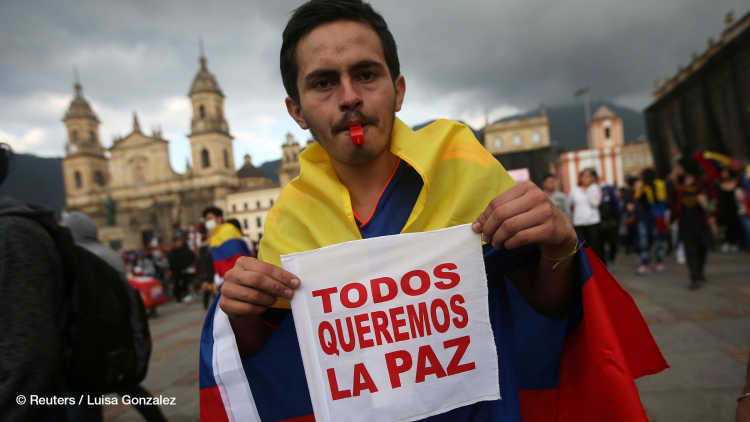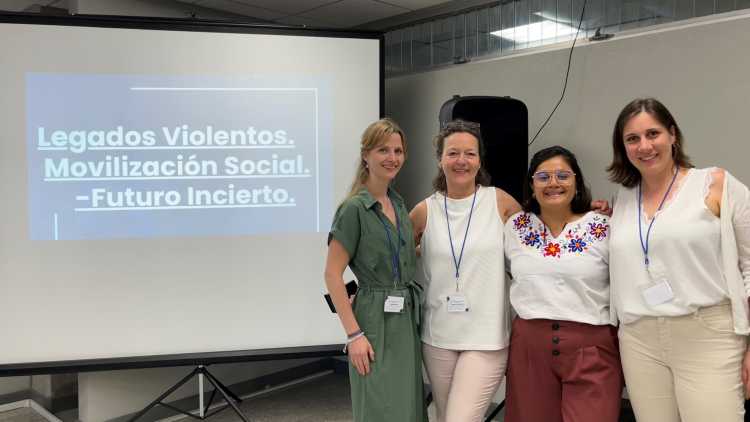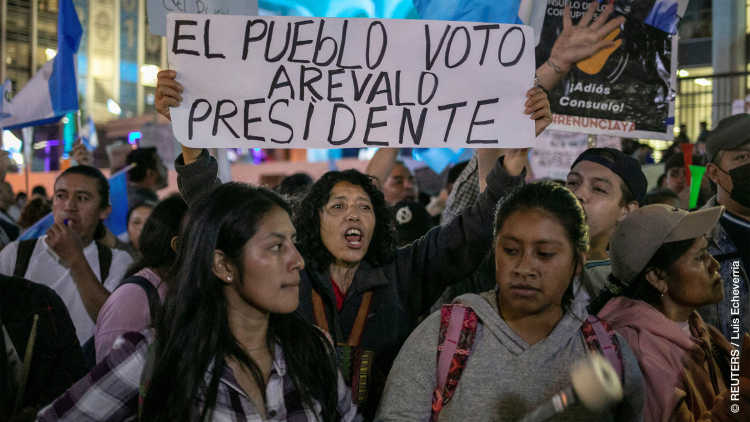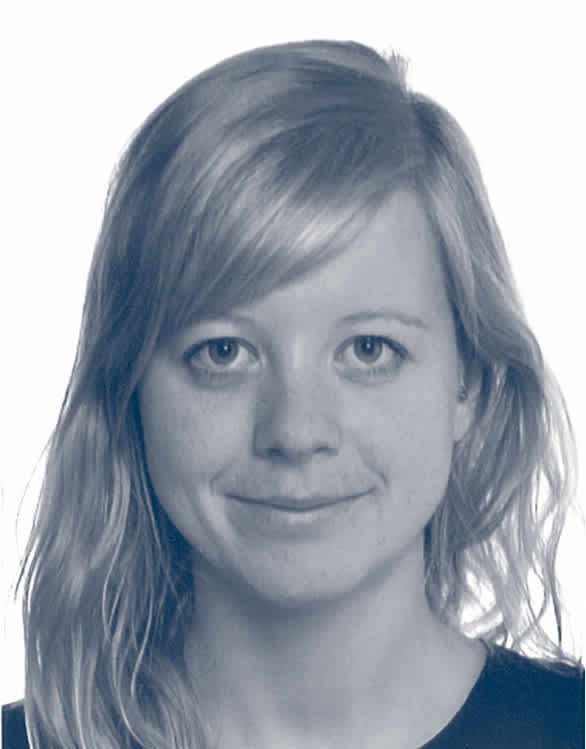- Home
- Publications
- Contributions
- El Salvador: Old Habits Die Hard
Désirée Reder / Sabine Kurtenbach
El Salvador: Old Habits Die Hard
Chapter in Edited Volume | 2021
Regional Institutes
Research Programmes
Published in
Mobilizing Force: Linking Security Threats, Militarization, and Civilian Control
Editor(s)
David Kuehn
Yagil Levy
Publisher
Lynne Rienner Publishers
Pages
117-138
ISBN
978-1-62637-939-8
978-1-62637-943-5















